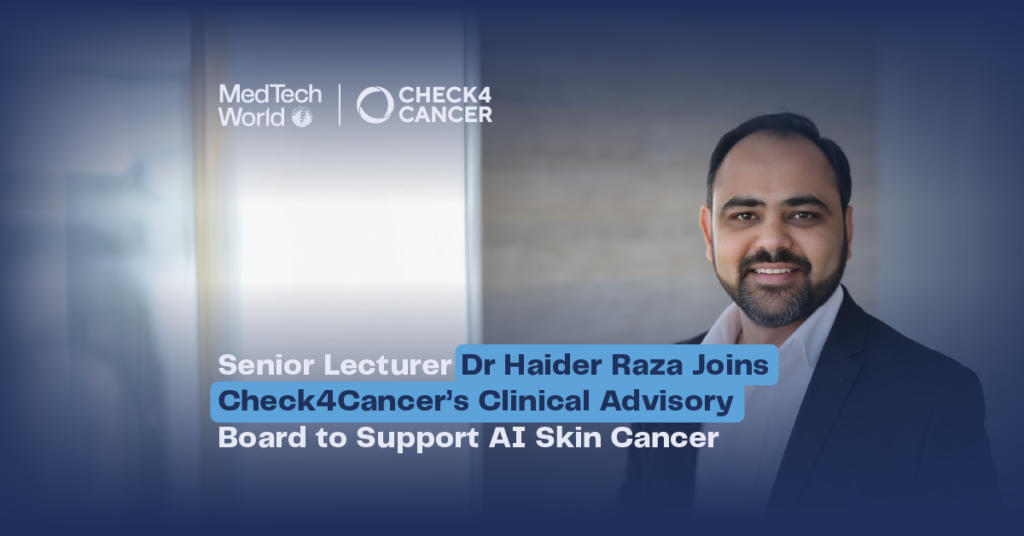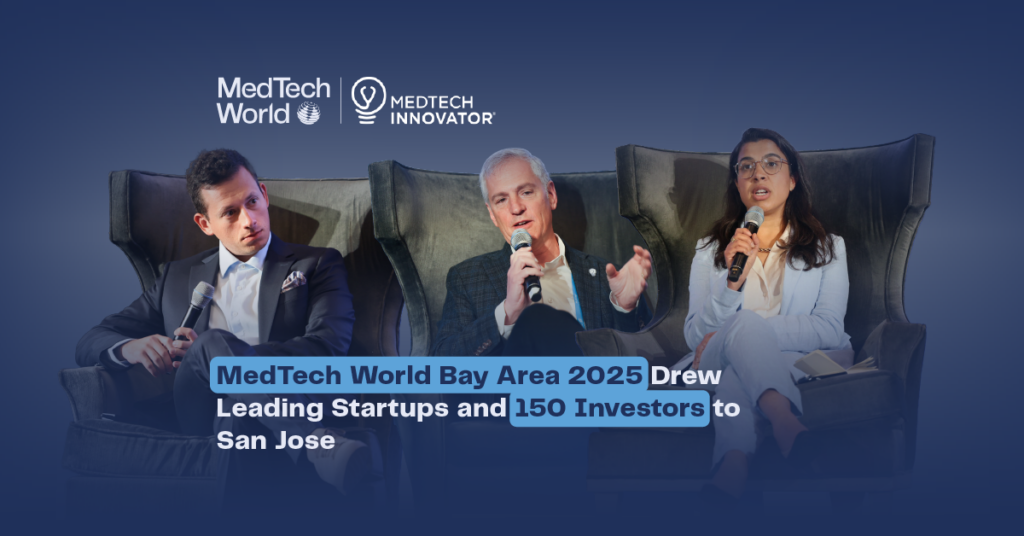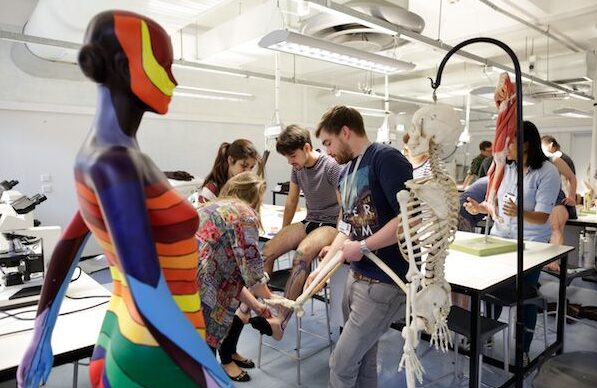
Matthew Calleja
18th January 2024
Provoked To Grow: Top 3 Challenges Influencing Medical Education in 2024
Laying the groundwork for innovation
“If you look at history, innovation doesn’t come just from giving people incentives; it comes from creating environments where their ideas can connect.“ Steven Johnson, Science author & media theorist
The UK Medicines and Healthcare products Regulatory Agency (MHRA) has outlined a comprehensive plan to forge a new regulatory framework for the sector over the next two years. Delving into unique device identification, quality management systems, and implants, MHRA aims to establish core elements by next year, fostering international harmonisation.
Precise and efficient regulation is as crucial to MedTech and Healthcare innovation as the creation of fertile ground for versatile minds attending medical school to collaborate and flourish.
Last October, Professor Chie Adachi stole the stage at Med-Tech World Malta with her keynote, Designing for the Crossroads: Med-Tech & Digital Education for Future Doctors. She dived into three thought-provoking challenges, shedding light on the changing healthcare landscape.
It’s not just about precision in rules; it’s about fostering a space where innovative ideas can grow. Because, let’s face it, the future of healthcare isn’t just about following guidelines; it’s about nurturing brilliance.
Innovation and interdisciplinary Work
“How can we bridge the gap between diverse minds to foster innovative breakthroughs? It’s a pivotal challenge with a myriad of innovation frameworks to explore—this is just a glimpse into the possibilities.”
This is the essence of the first provocation. Professor Adachi vividly painted the altered landscape of medical education, reshaped by the growing influence of MedTech. As technologies and companies multiply, the traditional approach to teaching medicine is undergoing a profound—and to be fair, a much needed—metamorphosis.
In pursuit of this objective, the professor introduced the triple helix model—an intricate system intertwining government, universities, and industry. In illustrating this dynamic framework, she spotlighted active projects like the digital health MOOC course and the forward-thinking MSc program in robotic surgery.
Ethical and authentic use of GenAI
“ChatGPT is acing U.S. medical licensing exams at 60% accuracy. Yet, we’re not guiding students on leveraging this AI. Urgently, curricula must embed digital AI literacy—designing assessments and feedback to bridge the gap.”
The second provocation delves into the ethical and authentic use of artificial intelligence (AI), especially in medical education.
Adachi discussed the prevalence of AI in medical licensing exams and emphasises the need to educate future doctors about the practical application of AI in clinical settings. The discussion extends to the design of curricula, assessments, and feedback to develop digital AI data literacy among students.
 Human dimensions in Digital Health education
Human dimensions in Digital Health education
“The human touch is paramount when contemplating the design and development of MedTech. This underscores the significance of UX, the user experience.”
The third provocation focuses on the role of human doctors in an era dominated by AI and machines.
Adachi reflected on the General Medical Council’s comprehensive guidelines and highlighted the importance of incorporating human dimensions, such as empathy and communication skills, into medical education.
She described the concept of flourishing, inspired by Dr. Yuni, a distinguished medical educator in MBBS, who leverages the creative arts curriculum, to address the human experience in the design and development of MedTech.
About Professor Chie Adachi
Professor Chie Adachi, a social scientist and educational researcher, leads the digital education transformation at Queen Mary University of London’s Faculty of Medicine and Dentistry. Heading the interdisciplinary Digital Education Studio, she oversees the creation of innovative online programs.
With a background in EdTech and a recent focus on MedTech, Professor Adachi is reshaping medical education through technology. She brings with her a global perspective to Queen Mary, known for inclusivity, diversity, and social mobility.
The university, part of the Russell Group, boasts 33,000 students from 170 nationalities, fostering an exciting and culturally diverse community.
Keep in touch with everything MedTech
Dive into a world of cutting-edge insights and stay ahead with the latest in MedTech! Don’t miss out – bookmark our news page and follow us on social media. Experience the unfolding MedTech revolution firsthand by tuning into our YouTube channel. Subscribe now for a front-row seat to the future of healthcare technology!


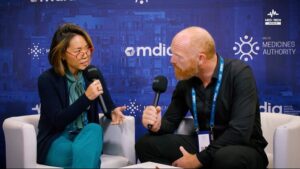
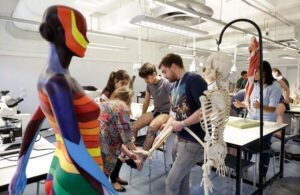 Human dimensions in Digital Health education
Human dimensions in Digital Health education